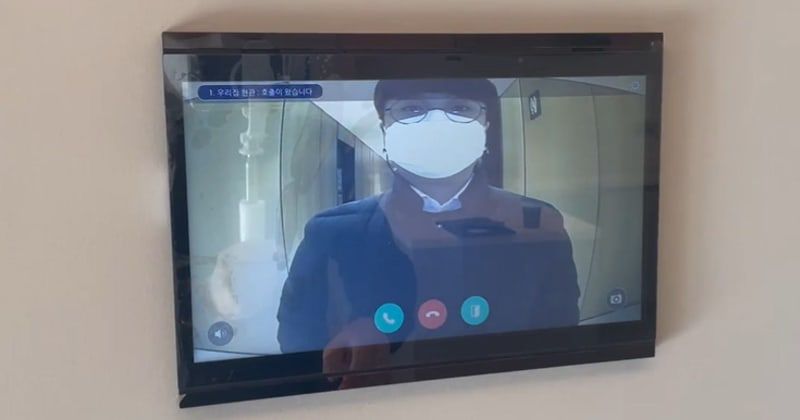The 4 most overhyped technologies in IT

Yet it’s anyone’s guess when, exactly, this new type of computing will become operational. There’s even more uncertainty on when, and whether, quantum computing would become available for anyone outside the small circle of players already in the space today.
“People may think it’s going to replace [our classical computing] computers but it’s not,” at least in the foreseeable future, says Brian Hopkins, vice president for the emerging tech portfolio at research firm Forrester.
Hopkins adds: “You see these big announcements from IBM or Google about quantum computing and people think, ‘Quantum is close.’ Those make great headlines, but the truth about quantum computing’s future is far more nuanced and [business leaders] need to understand that.”
Yet that isn’t holding back expectations.
A 2022 survey of 501 UK executives by professional services firm EY found that 97% expect quantum computing to disrupt their sectors to a high or moderate extent, with 48% believing “that quantum computing will reach sufficient maturity to play a significant role in the activities of most companies in their respective sectors by 2025.”
The EY survey also reveals how unprepared organizations are to meet what they believe is ahead: Only 33% said their organizations have started to plan to prepare for the technology’s commercialization and only 24% have set up or plan to set up pilot teams to explore its potential.
“People are aware quantum computing is coming, but I think there is an underestimation of what it will take [to leverage its power],” adds Seth Robinson, vice president for industry research at trade association CompTIA. “I think people think it’s just going to be a much more powerful way of running what we already have, but in reality what we have is going to have to be rewritten to work with quantum. You won’t be able to just swap out the engine. And it’s not going to turn into a product for the mass market.”
Although some of the excitement about the coming metaverse has died down, some say this concept remains overplayed.
They’re skeptical of any claims that the metaverse will have us all living in a new digital realm, and they question whether the metaverse will have any big impact on daily life and everyday business anytime soon.
Same goes for extended reality (XR) — that fusion of augmented reality, virtual reality and mixed reality.
“Virtual spaces provide a completely different experience, popularly known as an immersive experience for customers. However, in my opinion, the actual market potential may probably not be as big as it is being projected now,” says Richard August, managing partner for CIO Advisory Services at Tata Consultancy Services. “The number of use cases and utility values are limited, impacting the potential. Devices to support the ubiquity of these technologies such as VR sets are not available at a scalable, affordable price. Additionally, there have been several instances of negative health effects — such as fatigue, impact on vision and hearing — being reported by using the devices that support these technologies, which limits large-scale adoption.”
Forrester’s Hopkins voices similar caution on the technology’s uptake in the near term.
“The form factors today aren’t enticing enough for people to adopt this new technology, so [adoption] is going to take longer than people may think,” he says.
Hopkins says researchers do, indeed, see areas where the technology has taken off. Extended reality is useful in HR for training employees, and it provides value in industrial use cases where a digital overlay can guide workers through complex scenarios. “But that’s a pretty small slice of the overall opportunity,” he adds.
4. Web3: Blockchain, NFTs, and cryptocurrencies
Similar to their feelings about the immersive web, tech leaders say Web3 and its components — blockchain, NFTs, and cryptocurrencies — haven’t quite delivered on all their promises.
“They just need to see more maturity before we invest in those things,” says Rebecca Fox, group CIO for NCC Group, a UK-headquartered IT security company.
Others have made similar observations.
Corbin, for one, says blockchain has “huge business potential in smart contracts — supply chain transparency, healthcare, finance, currency, artwork, media, fraud prevention, IP protection, deep fake mitigation — but slow uptake on implementing.”
He points out that it’s not as impenetrable as first promoted, and it’s hard to scale. Meanwhile, its decentralized nature coupled with a lack of regulation means that blockchain contracts are not legally recognized in most countries yet, he adds.
Digital experts cite issues with other Web3 technologies, too, noting that most companies can’t figure out what to do with cryptocurrencies, for example, as they struggle with how to account for them and how to report them out to the street.
Furthermore, many people remain skeptical about cryptocurrencies and NFTs — especially after the past year’s headlines about crypto exchange problems and NFT devaluations.
Advisers say CIOs should, thus, be mindful of the hype but nonetheless keep a watchful eye on the development of these technologies.
“Though it’s in its early stages, we’re seeing lots of momentum behind the shift from Web2 to Web3 — and now Web4 — which will undoubtedly transform the way businesses operate, and how we own and transact property. It holds a lot of promise for the philosophical sense of property, ownership, and self-control of your identity inside the broader digital world at large,” says Jeff Wong, EY’s global chief innovation officer.
He adds: “At this stage, Web3/4 is an idea that creates more questions than answers, but we think the questions are worth considering.”










